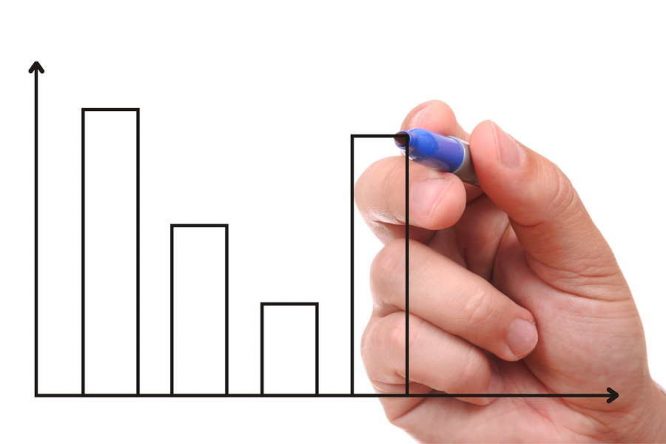If you can’t beat ’em, buy ’em. Or be bought. That’s the path Aetna (NYSE: AET) is taking, perhaps, as the healthcare industry reacts to news that the health insurer is in talks with CVS Health Corp. (NYSE: CVS) to be acquired for $200 per share, approximately $66 billion.
The deal may never be consummated, but it’s gotten a lot of analysts weighing in on the paradigm shift it would bring to the industry. Frank Morgan of RBC Capital Markets gave the nod to vertical integration between managed care organizations, pharmacy benefit managers (PBMs) and providers, given that the managed care companies’ push for horizontal integration in 2013 ended badly earlier this year.
Both CVS and Aetna are facing the need for growth. Aetna’s path was famously blocked by the Federal Trade Commission in 2016, which successfully argued that the company’s $50.6 billion acquisition of Humana Inc. (NYSE: HUM) would violate antitrust laws.
That deal, announced in July 2013, was part of a wave of consolidation set off by the U.S. Supreme Court’s June 2013 decision in favor of the federal government in King vs. Burwell regarding the tax subsidies paid to health insurers to support low-income individuals and families.
If the CVS/Aetna transaction closes at the price of $66 billion, the multiples are downright normal, at least for healthcare deals since 2012. CVS would be paying 1.0x revenue, and 10.9x EBITDA.
Looking back to what Centene Corp. (NYSE: CNC) paid when it acquired Health Net, Inc. in that MCO consolidation rush of 2013, the $6.8 billion price yielded approximately 0.5x revenue, but 19.5x EBITDA.
Towers Watson (NYSE: TW) has the distinction of having the highest price/EBITDA multiple in our database. Its $435 million acquisition of privately held Extend Health, Inc. in May 2012 yielded a 0.5x revenue, but 43.5x EBITDA.
WellCare Health Plans (NYSE: WCG) is a close second. Its $800 million acquisition of Universal American Corp. in November 2016 yielded a 0.5x revenue, but 40.7x EBITDA.

